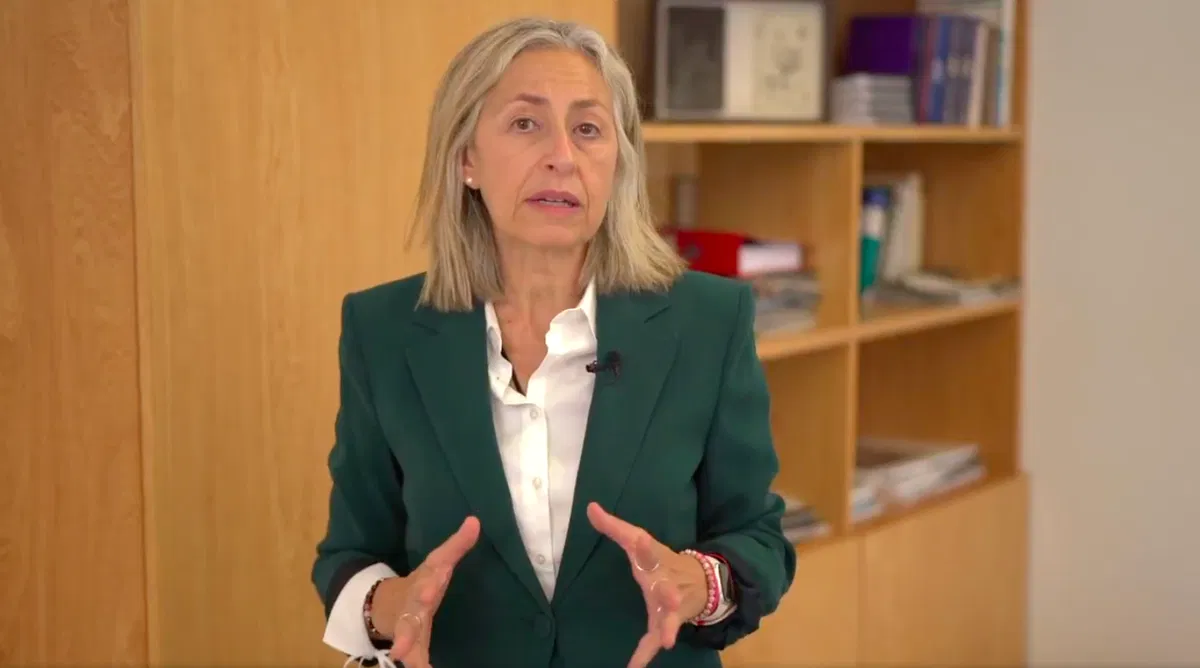By Molly Grace
Copyright euroweeklynews

The Health Minister of Andalucia, Rocío Hernández Soto, has resigned following a public outcry over failures in the regional breast cancer screening programme.
President Juanma Moreno accepted her resignation on October 8, stating that the scale of the crisis required a change in leadership and highlighting the need for a deep reform of the health system.
Screening Failures Affect Thousands
Reports indicate that approximately 2,000 women underwent mammograms with inconclusive results but were not promptly informed or scheduled for follow-up tests. In some cases, delays extended over months, or even years, raising concerns that potential breast cancers could progress undetected.
The majority of these errors were concentrated at the Hospital Virgen del Rocío in Sevilla, where flaws in the communication protocol for ambiguous findings were identified. Authorities noted that the regional health service had relied on a protocol dating back to 2011, under which patients with “doubtful results” were not consistently alerted to the need for further testing. The revelation of these oversights triggered widespread alarm across Andalucia.
Political and Public Backlash
The scandal sparked intense social and political response. Protests were held outside the Health Ministry, with thousands demanding accountability and stronger protections for patients. Women’s associations and patient advocacy groups criticised the regional government’s handling of the crisis and called for collective legal action. Lawmakers across political lines also expressed concern about systemic weaknesses in healthcare oversight.
Emergency Measures Implemented
In response to the crisis, the Andalucian government launched an emergency plan, committing €12 million and hiring 119 additional health professionals, primarily radiologists. Weekend sessions have been scheduled to ensure that all pending screening cases are reviewed and addressed by November 30. The initiative aims to restore public confidence and prevent further delays in critical diagnostic procedures.
Leadership and Apology
President Moreno publicly apologised for the failings, stating that the health system must evolve to meet patient needs and that no excuses were acceptable. He described Hernández as having served with honesty and dedication but emphasised that the severity of the situation necessitated a leadership change to restore public trust.
Interim Administration
Following Hernández’s resignation, the current Counsellor for the Presidency, Antonio Sanz, will temporarily assume the Health portfolio until a permanent replacement is appointed. The government also announced plans for a full audit of the breast cancer screening programme, a comprehensive reform of internal protocols, and a revamp of communication channels to guarantee that patients are notified in a timely and transparent manner.
Wider Implications
The Andalucian crisis has reignited debate over accountability in public health, patient rights, and the reliability of screening systems. It has underscored the importance of rigorous oversight, clear communication, and timely follow-up in healthcare programmes. How the regional government addresses remaining concerns may influence policy and public confidence across Spain’s autonomous communities, highlighting the broader implications of administrative lapses in critical health services.
The resignation of Rocío Hernández marks a significant turning point in the crisis, but efforts to ensure transparency, improve patient safety, and rebuild trust in the healthcare system remain ongoing. The episode serves as a reminder of the vital role that timely action and effective governance play in safeguarding public health.